The Chinese government released a guideline on Monday aimed at accelerating the construction of a unified and open transportation market, calling to develop general aviation and the low-altitude economy and ensure that all types of businesses in this sector are treated equally under the law.
This guideline, jointly issued by the General Office of the Communist Party of China (CPC) Central Committee and the General Office of the State Council, seeks to deepen reforms in the transportation system, in a bid to better serve the high-quality development of the economy and society.
It proposes targeted suggestions for the industry's progress across main areas including deepening reforms in key transportation sectors, improving market systems, and optimizing the allocation of resources within the transportation market, among others.
The overall focus of the guideline includes promoting a coordinated regional rollout and cross-sector collaboration in transportation, and creating a unified and open transportation market that provides a solid foundation for enhancing overall transportation efficiency.
The guideline prioritizes enhancing the comprehensive transportation management system, calling for continuous efforts in air traffic management reforms, further deepening low-altitude airspace reforms, and pushing for general aviation and low-altitude economy development.
It also proposes to establish a robust multi-modal transport operating system, promote green and intelligent transformation and upgrading in transportation, and advance higher-level opening-up in the transportation sector.
Regarding market system improvements, the guideline requires equal treatment of all market entities under the law and strengthens policy support for private enterprises, small- and medium-sized enterprises (SMEs) and individual businesses. It also encourages financial institutions to meet the credit needs of these market participants in accordance with market-oriented and law-based principles.
In addition, the guidelines aim to refine pricing mechanisms in the transportation sector, pushing for a unified, open, and transparent pricing system.
Efforts were also called to integrate data and technology to drive transportation development, and construct a comprehensive transportation big data center to accelerate the establishment of a national comprehensive transportation information platform.
Local governments and relevant departments are required to implement these provisions based on local conditions. The guideline also encourages regions with the necessary resources to pilot regional transportation market integration initiatives, while maintaining the overall unity and openness of the national transportation market.













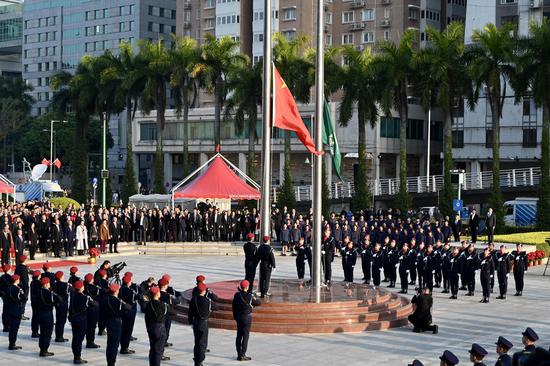
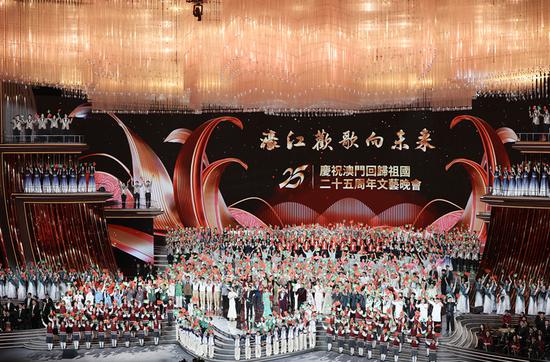



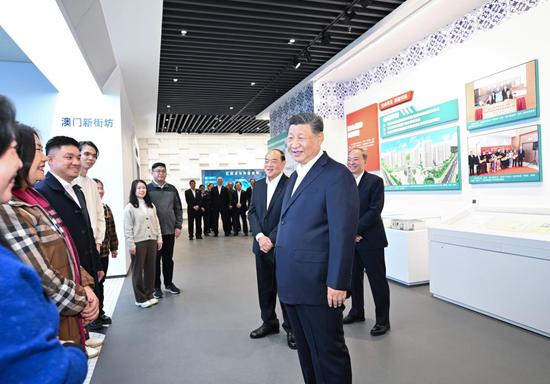




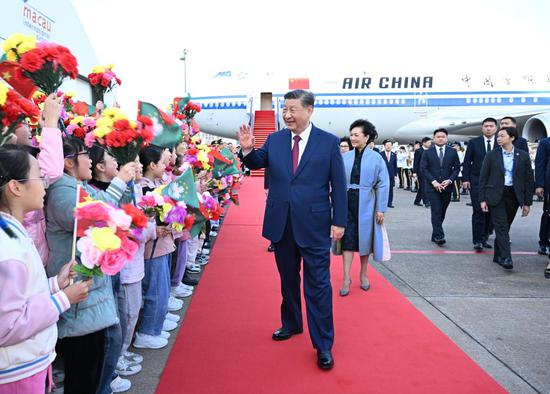



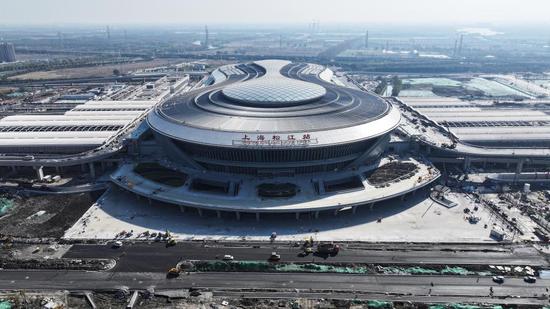



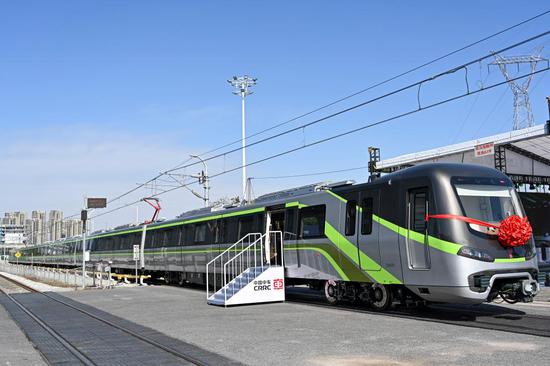






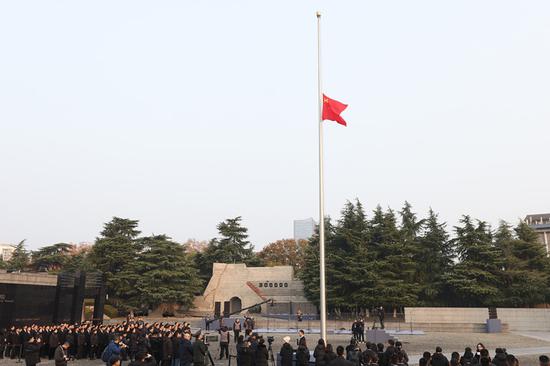
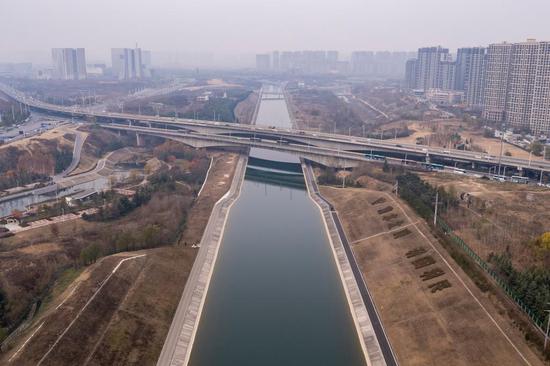
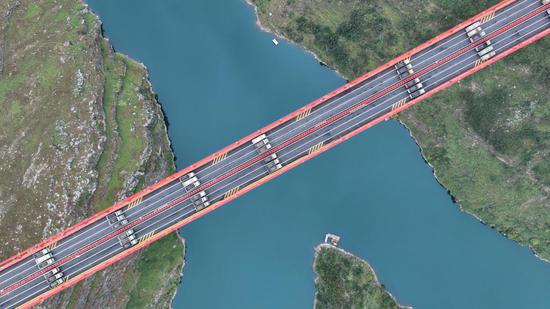
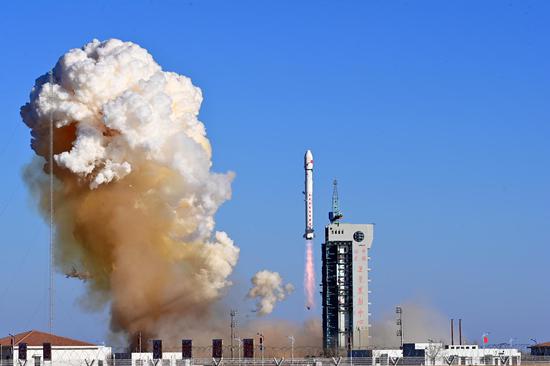








 京公网安备 11010202009201号
京公网安备 11010202009201号